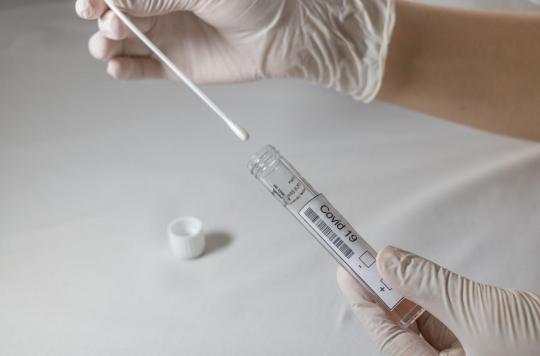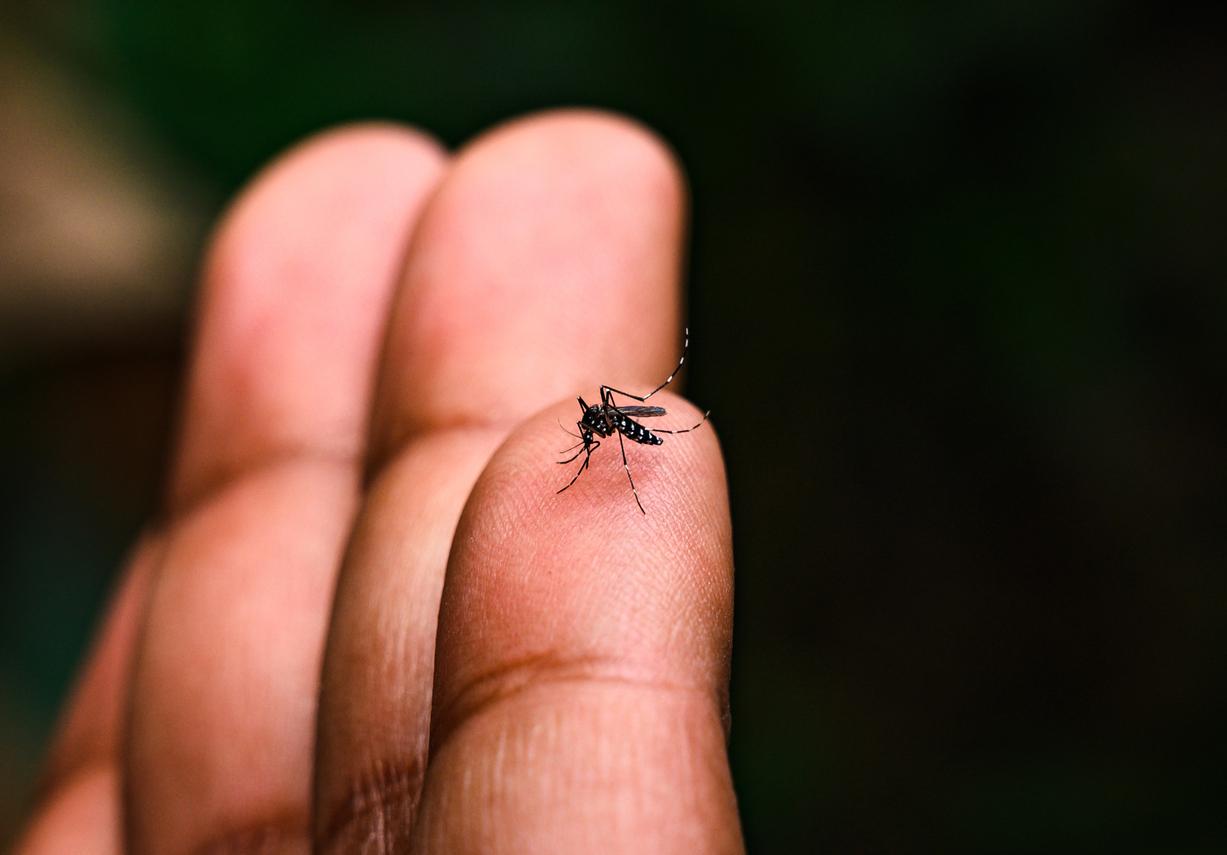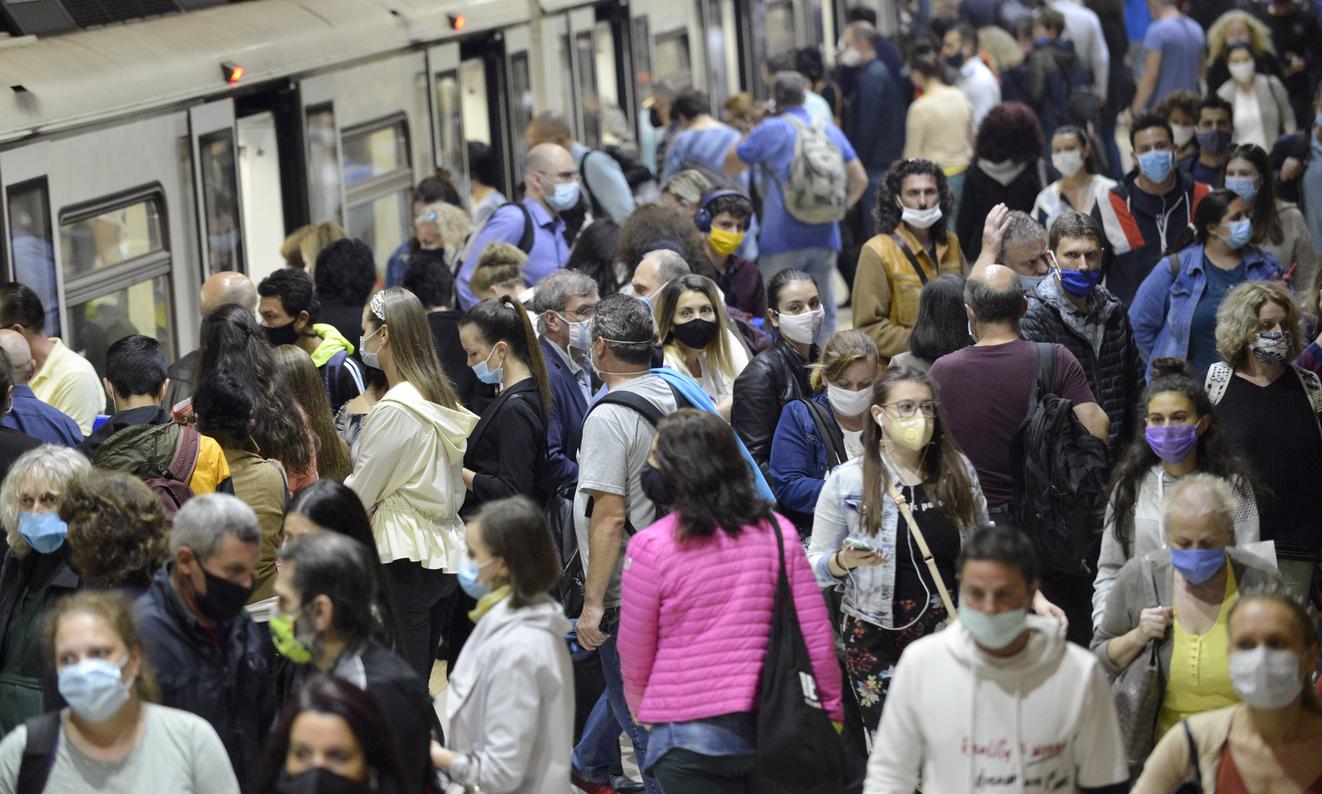In other European countries, it is possible to test yourself at home to find out if you are positive for Covid-19. In France, self-tests are still prohibited.

- An opinion from the High Authority for Health on self-tests is expected by the end of March.
- Feasible from a shorter swab than those used in laboratories, self-tests provide their results in 30 minutes.
Germany, Austria, United Kingdom, Switzerland… In recent weeks, more and more European countries have declared themselves in favor of the use of self-tests in the fight against the Covid-19 epidemic. However, they have been banned in France by ministerial decree since July 2020.
How can this blockage be explained?
Professor Philippe Juvin, head of the emergency department at the European George Pompidou Hospital (Paris), is sounding the alarm so that France can urgently benefit from self-tests. “I have been explaining for several months now that in the United States, Great Britain and Germany, there are self-tests that can be done at home. They are used in particular by schoolchildren and teachers, and this twice a week. I don’t understand why they are banned in France. It’s really silly, especially since we are at a time of the epidemic when people should be massively tested to control Covid-19”, complains the teacher. Philippe Juvin continues: “These self-tests would also make it possible to feed epidemiological knowledge of Covid-19 and to better assess the level of circulation of the virus. We miss this in France”.
How to explain this blockage on self-tests in France? “There is a cultural blockage, and probably lobbies. HAS is also struggling to make breakthrough decisions”, Judge Philippe Juvin. Feasible from a shorter swab than those used in laboratories, self-tests provide their results in 30 minutes. They belong to the category antigen tests, and present possibilities of false negatives. An opinion from the High Authority for Health on self-tests is expected by the end of March.
.















